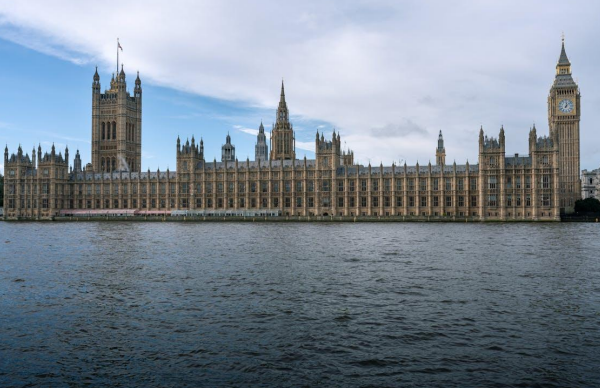.

Most of what we recognise today as the Houses of Parliament – officially known as the Palace of Westminster – was constructed in the nineteenth century. The House of Lords was completed in 1847 & the House of Commons was finished in 1852. Many people believe that the Houses of Parliament stand as a symbol of British democracy – but is the Lords, in particular, truly democratic? (Picture credit: Free image from pixabay.com https://www.pexels.com/photo/london-28111450/)
QUESTIONS RELATING to the future of the House of Lords simply won’t go away.
We feel that most people accept that there needs to be a body that can scrutinise legislation passed by the House of Commons.
.
However, as we’ve previously noted, opinion is sharply divided. Some want to keep the Lords as it is. Others want to see a measure of reform – or to do away with it altogether.
.
In March, we examined the main arguments put forward by those who support the House of Lords as it currently stands.
.
We now look the three main arguments against the House of Lords.
.
Hereditary Privilege: Critics argue that the hereditary peers in the House of Lords represent an outdated & undemocratic vestige of feudalism. The idea that individuals can inherit political power is viewed as fundamentally unjust and contrary to the principles of meritocracy and equal opportunity.
.
Lack of Democratic Accountability: Opponents contend that the House of Lords lacks democratic legitimacy – as its members are not elected by the public. This unelected body has significant legislative power, which is seen as undermining the democratic process and the sovereignty of the electorate.
.
Impediment to Modernisation: Many believe that the House of Lords hinders the modernisation of the British political system. They argue that reforming or abolishing this institution is essential to creating a more equitable and representative democracy, where power is based on merit (and the collective will of the people) rather than on birthright or appointment.
.
• To be continued.
.
• THIS ARTICLE should be read in conjunction with the following:
.
.
.
.
































